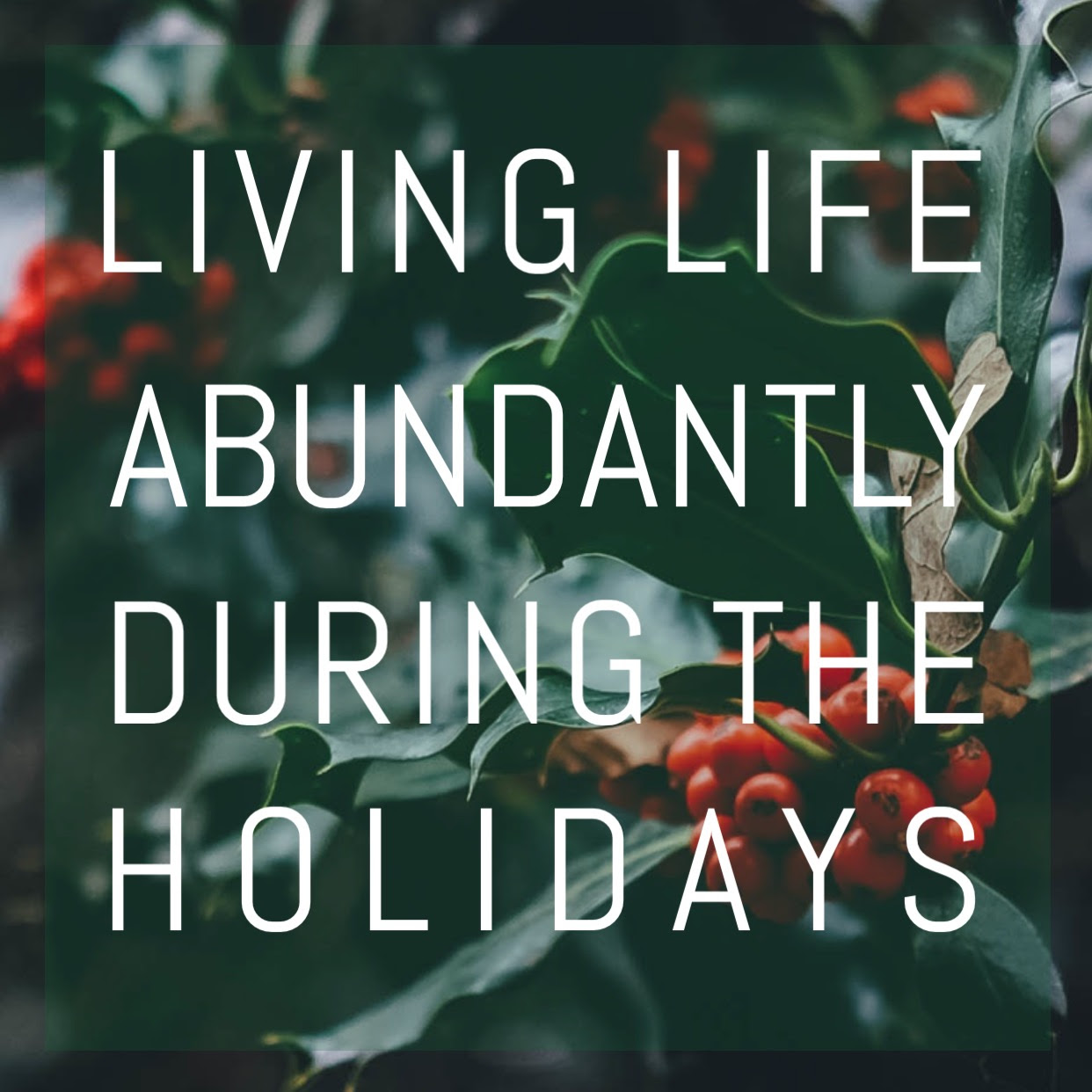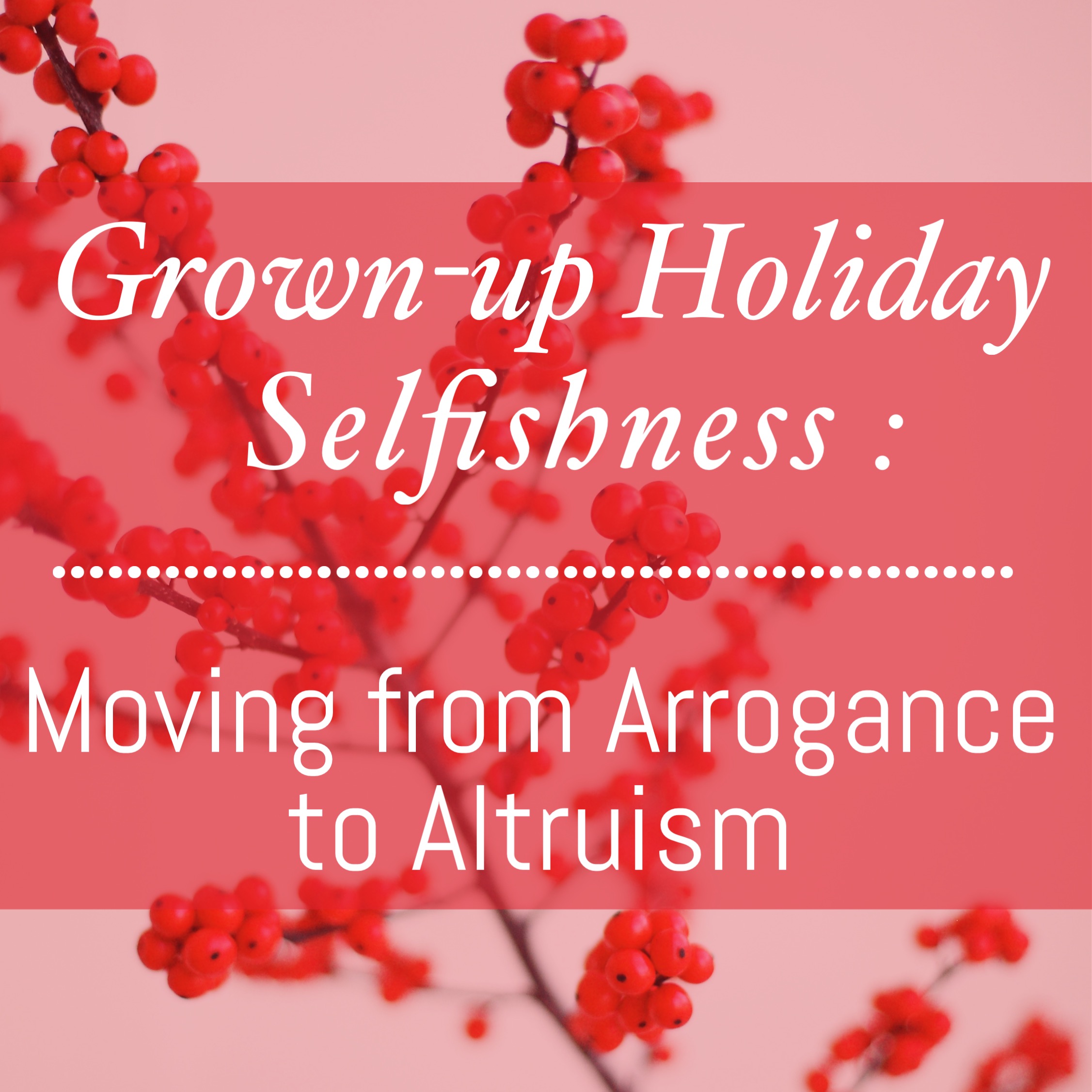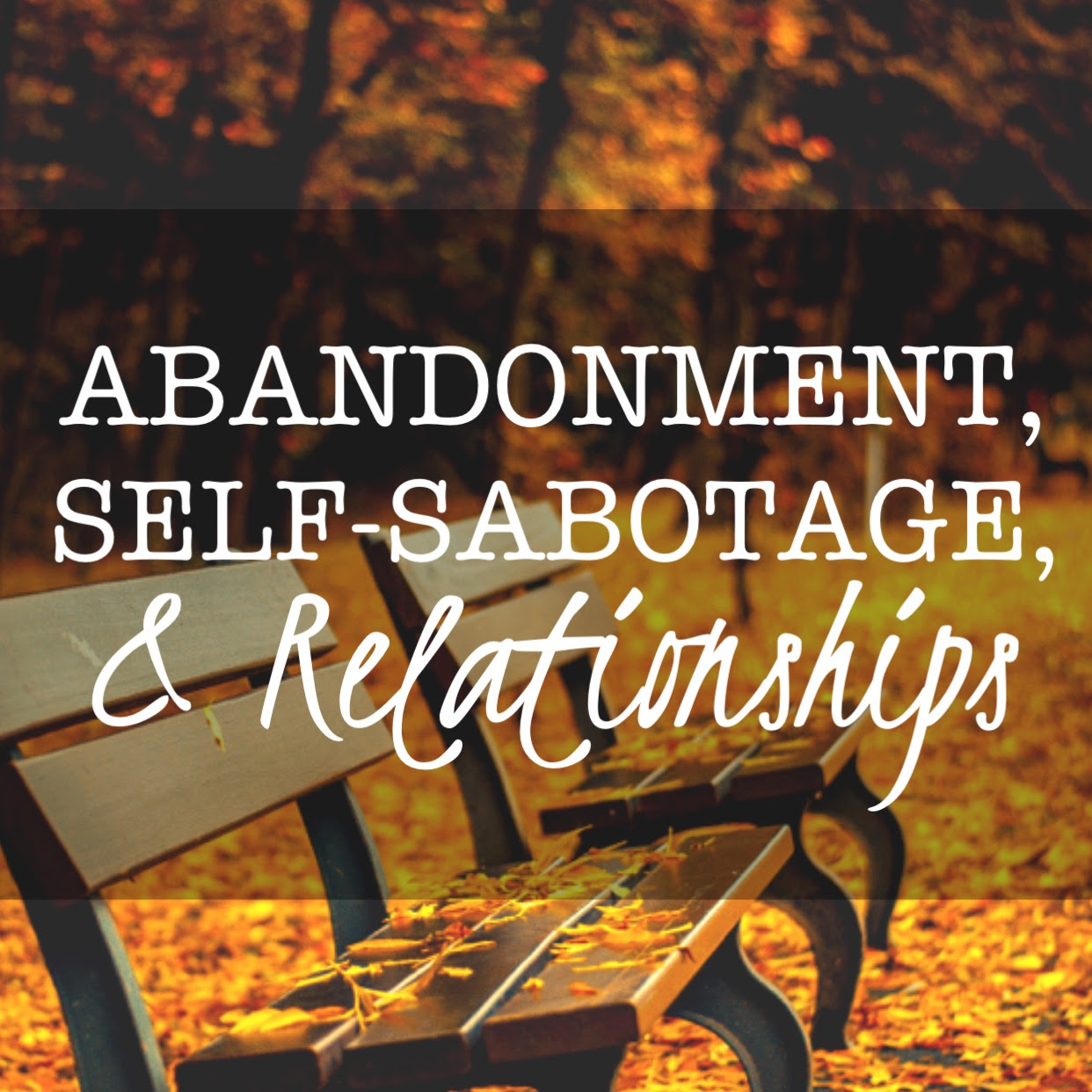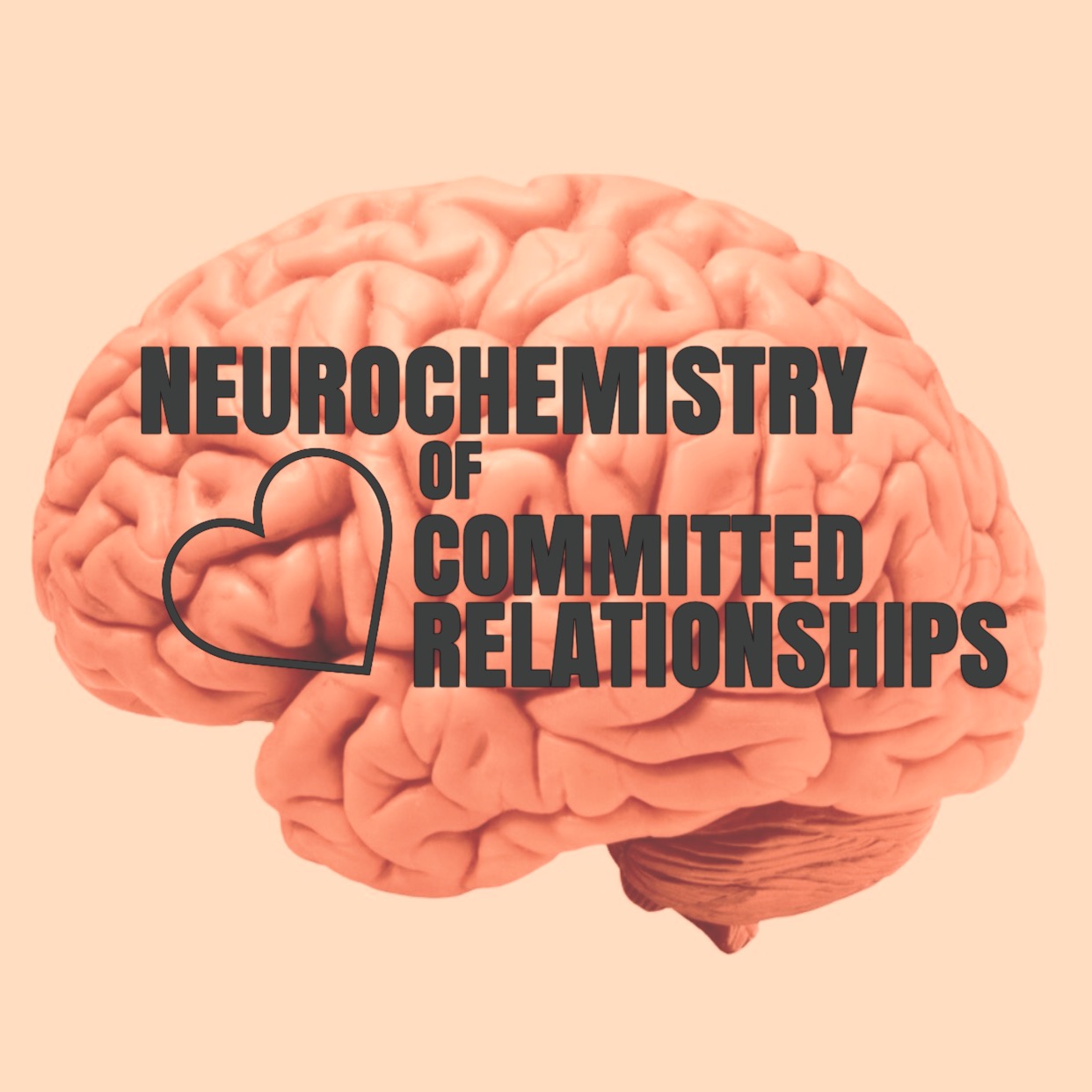-
Living Life Abundantly During the Holidays
We all know that Christmas should be a time of joy, but the reality for many is very different. The holidays can be a challenging season of managing thoughts, feelings and behaviors. Sometimes, family stresses can be greatly exaggerated and even become intolerable over the holiday period when everyone is forced to spend time together, trying to put the best behavior forward and trying to keep things cheerful. Sometimes needing approval for creating the “perfect Christmas” can result in feelings of anxiety and being rushed. For some, the holidays can be a very lonely time. This time of year can be a reminder that we are out of contact with…
-
Grown-up Holiday Selfishness: Moving from Arrogance to Altruism
Selfishness can be easily spotted in children, especially during the holiday season. Although the holidays are a particularly challenging time for children to keep selfishness in check, it can be just as challenging for grown-ups! It’s part of being human. We have talked quite a lot about having a strong sense of self, being able to regulate our emotions, and being able to tolerate emotional pain for growth. Although this is what we want for our children, it’s easy to dismiss, justify, or rationalize our own selfish behavior. As we enter this year’s holiday season, I would like to challenge all of us grown-ups to look at ourselves and consider…
-
Abandonment, Self-Sabotage, & Relationships
Have you ever found yourself sabotaging relationships of your own or known someone who has? Self-sabotage is a common struggle that individuals may face in the process of building and maintaining relationships. Generally speaking, self-sabotage stems from self-abandonment. In other words, an individual struggles with loving themselves. Throughout our life, the more we struggle with self-limiting, self-defeating core beliefs of being unlovable and unworthy, the more we begin to become angry with ourselves and then actually abandon ourselves. These core beliefs, however, are the result of our fear of being abandoned by others, which might result in our sabotaging relationships, therefore confirming our core beliefs and fears. Now don’t get…
-
Neurochemistry of Committed Relationships
Researchers have noted that there are three stages to the development of love, each with their own set of neurochemical responses. Different “happy chemicals” are released during different stages. Since God made our brains and designed them to meet the needs we have in life, our brains have been specially wired for these stages of falling in love and staying in love. For the purpose of this article, we’ll touch on the first two stages, and concentrate in particular on the amazing chemicals in the emotional attachment stage of a relationship. Stage 1: “Romantic Feelings During this stage, your partner can seem “perfect” for you because all the crazy endorphins we…




